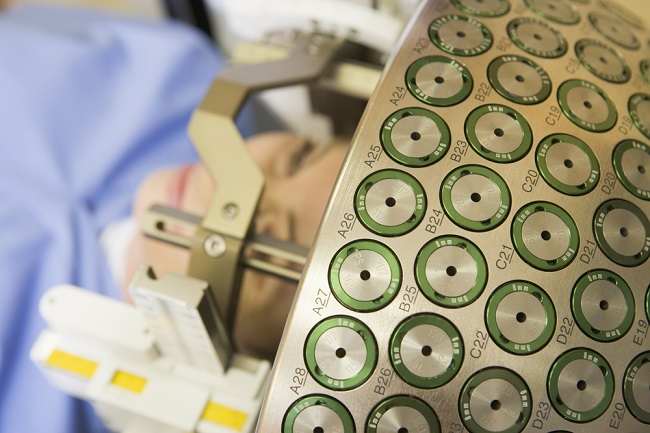Have you heard of Potter syndrome? This is a rare condition that afflicts the fetus, in which the fetus has physical defects or abnormalities due to too little amniotic fluid.
Amniotic fluid plays an important role in protecting and supporting the growth and development of the fetus in the womb. The amount of amniotic fluid is influenced by the amount of urine the fetus produces.

When the kidneys and urinary tract of the fetus are impaired, the urine production of the fetus will decrease and the amount of amniotic fluid will decrease.
If the amniotic fluid is too little, the fetus has no cushion in the uterus. As a result, the fetus will get direct pressure from the uterine wall, so that the face and body experience abnormalities. This condition is known as Potter's syndrome.
Causes of Potter Syndrome
The main cause of Potter syndrome is abnormalities in the kidneys and urinary tract of the fetus, so that the production of fetal urine and the volume of amniotic fluid is very small. This abnormality is most often caused by incomplete kidney formation due to chromosomal abnormalities in the fetus.
Potter's syndrome can also result from impaired kidney formation, polycystic kidney disease, or obstruction of the urinary tract.
Although rare, Potter's syndrome can be caused by premature rupture of the membranes if the rupture of the membranes and leakage of amniotic fluid occur early in pregnancy and go undetected for a long time.
What Happens When a Fetus Has Potter Syndrome?
Babies born with Potter syndrome will usually experience physical abnormalities. These can be in the form of:
- Wider eye distance.
- Lower ear position.
- Smaller chin.
- There is a fold of skin covering the corner of the eye.
- Wider nose.
Babies with Potter syndrome can also have difficulty breathing because their lungs do not develop properly during pregnancy due to too little amniotic fluid. This is because amniotic fluid is needed for the development and maturation of the fetal lungs.
How to Diagnose Potter Syndrome?
Potter's syndrome is usually diagnosed during pregnancy through ultrasound examination.ultrasound). However, not infrequently this condition can only be known after the baby is born.
The signs of Potter syndrome that can be seen on ultrasound are low amniotic fluid volume, kidney and lung abnormalities, and abnormalities in the fetal face.
If you find any of these signs in the fetus, the doctor will usually perform follow-up tests, such as blood tests, X-rays or CT scans, and genetic tests, to determine the cause and assess how severe the abnormality is.
Treatment for Potter's Syndrome
Treatment for Potter syndrome will depend on the cause. Some of the common treatment options doctors give to babies born with Potter syndrome are:
1. Use of breathing apparatus
Babies with Potter syndrome may need resuscitation at birth to help them breathe. In addition, babies may also need a breathing apparatus, so they need to be treated in the NICU.
2. Feeding hose installation
Not infrequently babies born with Potter syndrome also require feeding through a feeding tube. This is due to limitations in breastfeeding.
3. Wash blood
Babies with Potter syndrome also often need regular dialysis (hemodialysis), because their kidneys are not functioning properly. This dialysis procedure will continue until other treatments are available, such as a kidney transplant.
Potter's syndrome is a rare condition. Even so, that doesn't mean you shouldn't be wary of it. Do regular consultations with the obstetrician so that the health condition of you and your fetus can always be monitored.









